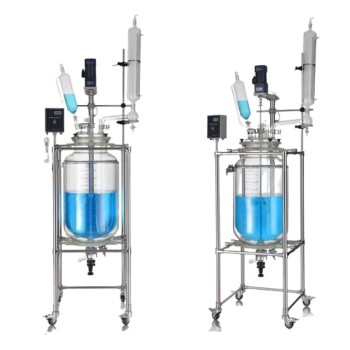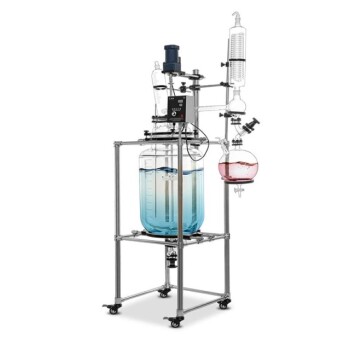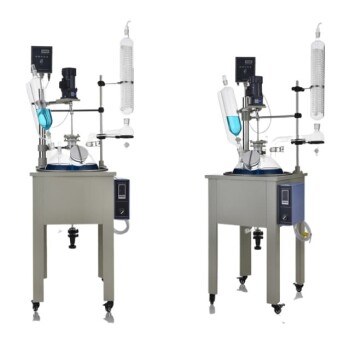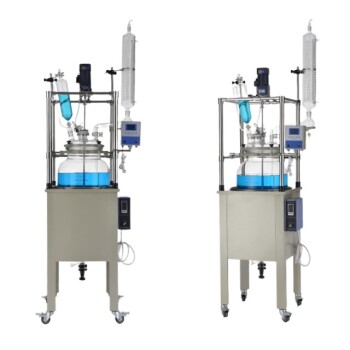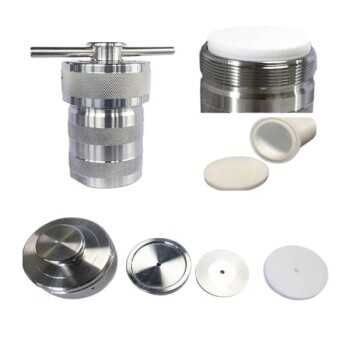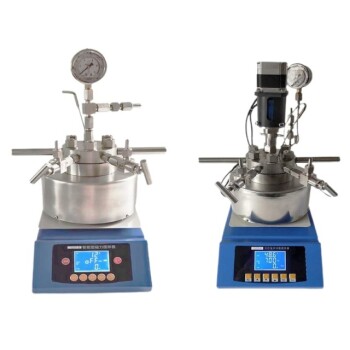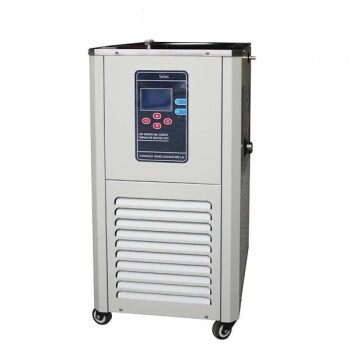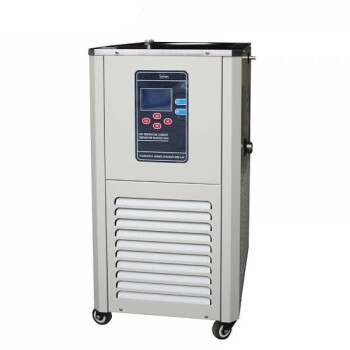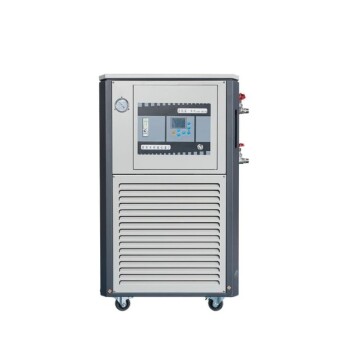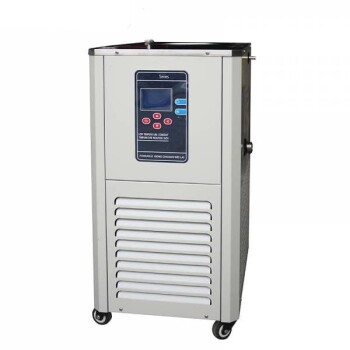Cooling jackets are essential components in batch glass reactors, designed to regulate temperature during chemical processes. The three primary types of cooling jackets are single external jackets, half coil jackets, and constant flux cooling jackets. Each type has unique designs and applications, making them suitable for different operational requirements. Single external jackets are the most common and provide uniform cooling across the reactor. Half coil jackets offer enhanced heat transfer efficiency and are ideal for processes requiring precise temperature control. Constant flux cooling jackets ensure consistent cooling performance, making them suitable for sensitive chemical reactions. Understanding these types helps in selecting the right cooling jacket for specific chemical processes.
Key Points Explained:

-
Single External Jackets:
- Design: Single external jackets are the simplest and most widely used type of cooling jacket. They consist of a single layer that surrounds the reactor vessel, allowing a cooling medium (such as water or glycol) to flow through the jacket.
- Applications: These jackets are suitable for general-purpose cooling where uniform temperature control is required. They are commonly used in processes where precise temperature regulation is not critical.
- Advantages: Easy to manufacture, cost-effective, and provide uniform cooling across the reactor.
- Limitations: Less efficient in heat transfer compared to more complex designs, may not be suitable for processes requiring rapid or precise temperature changes.
-
Half Coil Jackets:
- Design: Half coil jackets feature a coiled tube welded to the exterior of the reactor vessel. The cooling medium flows through this coil, providing enhanced heat transfer due to the increased surface area and turbulent flow.
- Applications: Ideal for processes that require precise temperature control and efficient heat transfer. Commonly used in pharmaceutical and fine chemical industries.
- Advantages: Higher heat transfer efficiency, better temperature control, and reduced risk of hot spots.
- Limitations: More complex and expensive to manufacture compared to single external jackets.
-
Constant Flux Cooling Jackets:
- Design: Constant flux cooling jackets are designed to maintain a consistent cooling performance throughout the reactor. They often incorporate advanced features such as variable flow rates and temperature sensors to ensure uniform cooling.
- Applications: Suitable for sensitive chemical reactions where maintaining a constant temperature is critical. Often used in high-precision applications such as polymerization and crystallization.
- Advantages: Ensures consistent cooling performance, reduces the risk of temperature fluctuations, and enhances process reliability.
- Limitations: Higher cost and complexity, requires more sophisticated control systems.
By understanding the different types of cooling jackets and their specific applications, purchasers can make informed decisions to ensure optimal performance and efficiency in their chemical processes.
Summary Table:
| Type | Design | Applications | Advantages | Limitations |
|---|---|---|---|---|
| Single External | Single layer surrounding the reactor vessel with a cooling medium flow. | General-purpose cooling, uniform temperature control. | Easy to manufacture, cost-effective, uniform cooling. | Less efficient heat transfer, not ideal for rapid/precise temperature changes. |
| Half Coil | Coiled tube welded to the reactor exterior for enhanced heat transfer. | Precise temperature control, pharmaceutical, and fine chemical industries. | Higher heat transfer efficiency, better temperature control, fewer hot spots. | More complex and expensive to manufacture. |
| Constant Flux | Advanced design with variable flow rates and temperature sensors. | Sensitive chemical reactions, high-precision processes like polymerization. | Consistent cooling, reduced temperature fluctuations, enhanced reliability. | Higher cost, complexity, and need for sophisticated control systems. |
Need help choosing the right cooling jacket for your batch glass reactor? Contact our experts today for personalized advice!


